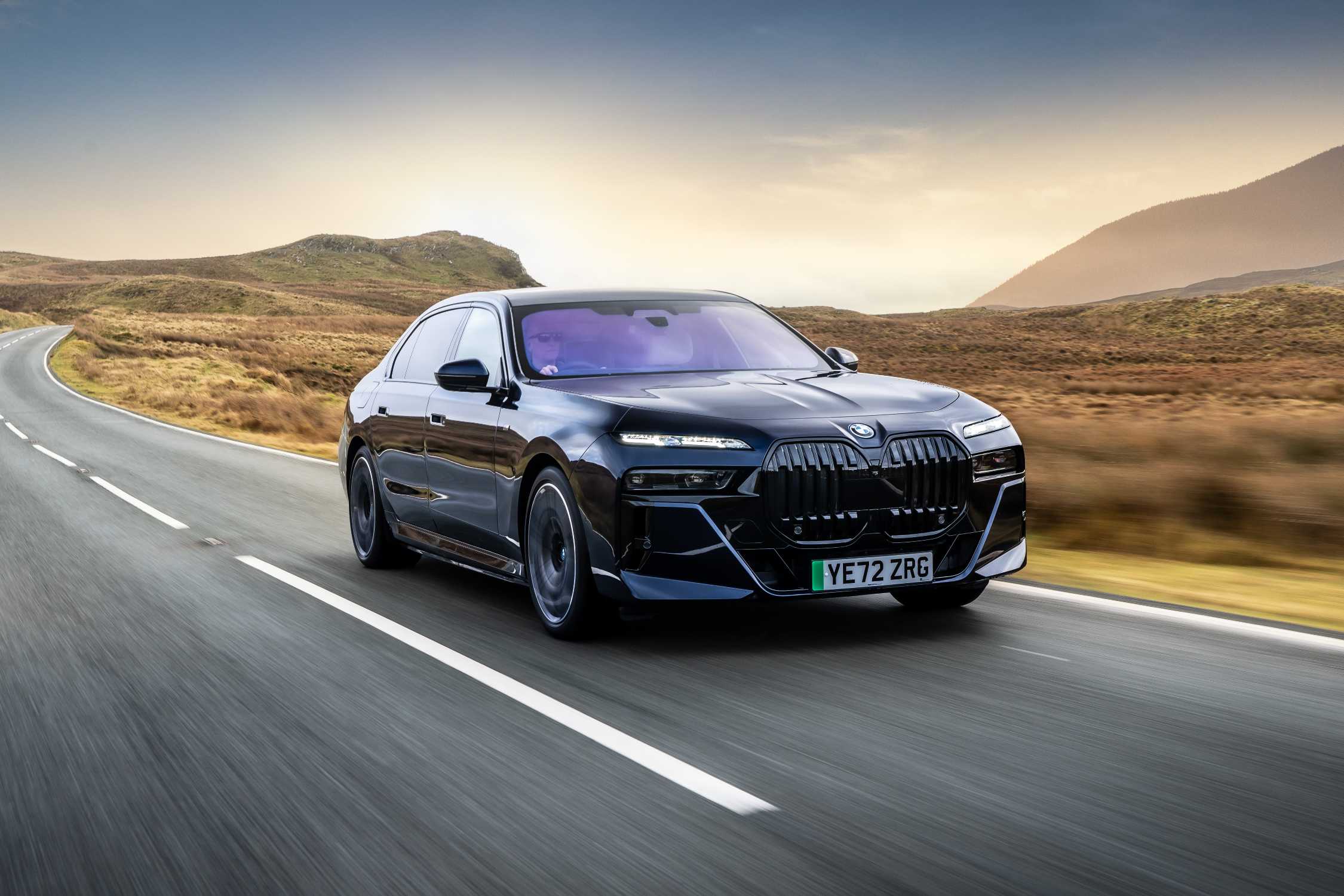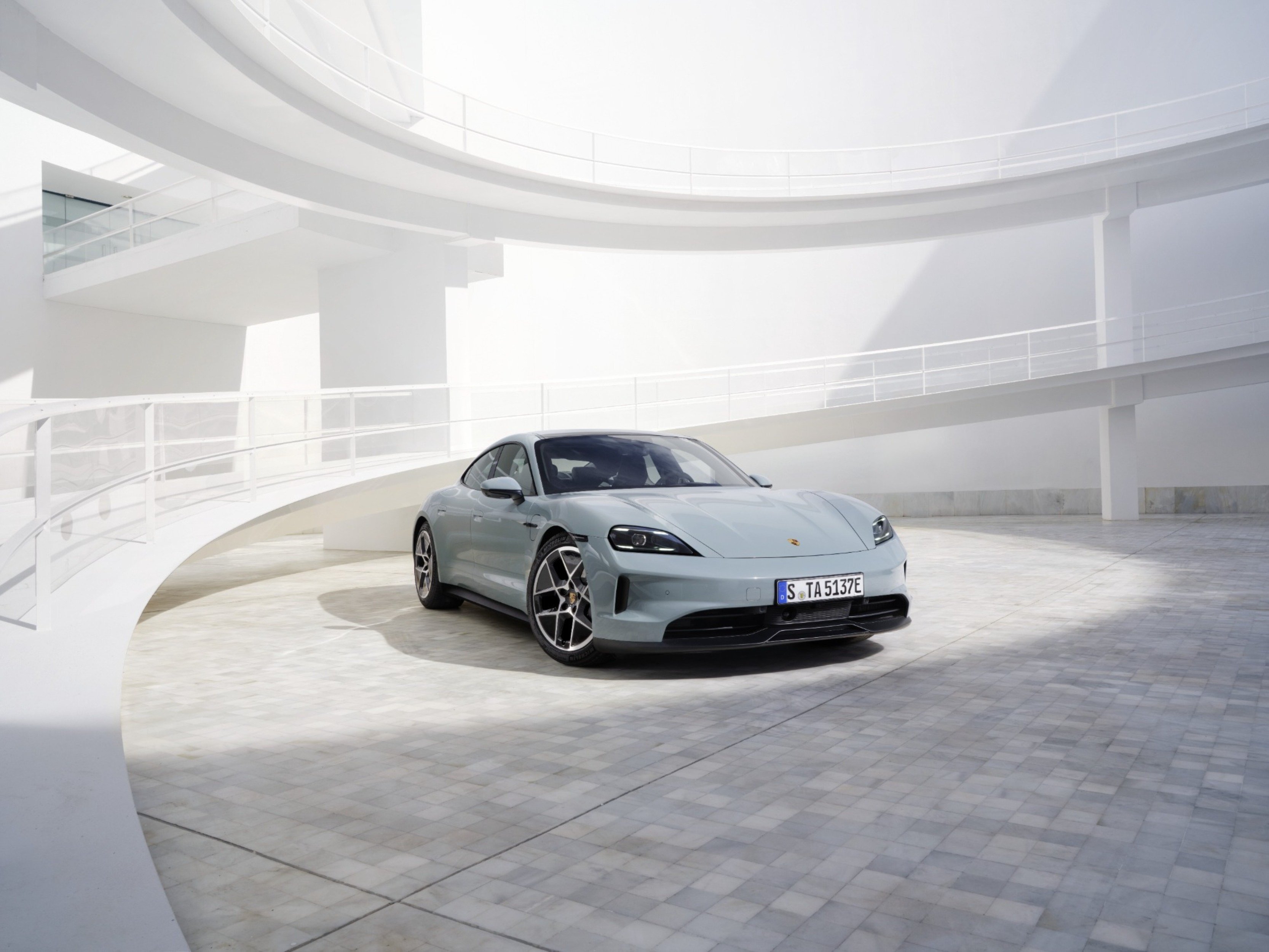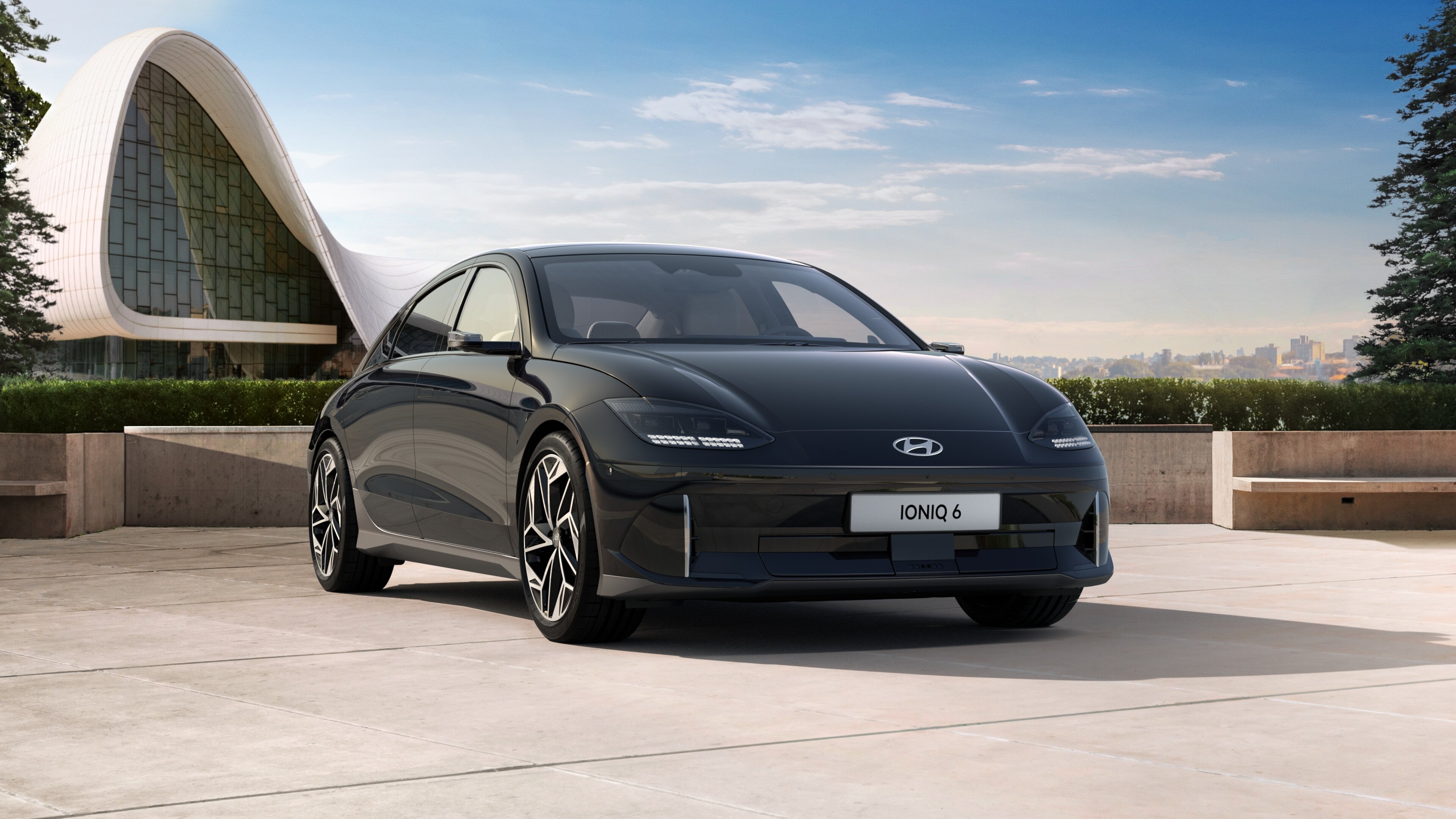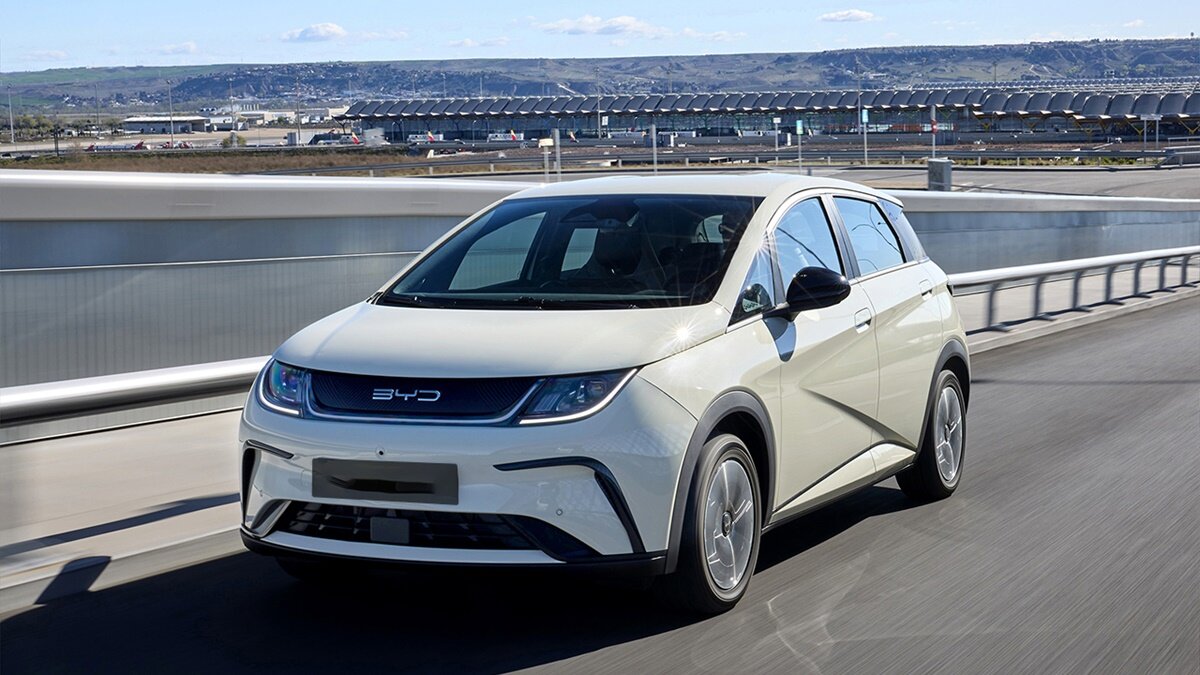How Much Time Do You Need to Charge Your EV?
Understanding the Basics of EV Charging
A fundamental way is to understand the basics of how EV charging works because the duration of a charge will be dependent on various factors including the capacity of the battery, type of chargers and the state of charge.
Factors Influencing Charging Time
When it comes to the type of chargers, it would vary depending on its output whether the charger uses alternating current (AC) or direct current (DC). You can learn more on how these different chargers impact the charging time in this article: What is the difference between AC & DC charging?
Taking the BMW i7 for instance, it is equipped with 107.8 kW battery. With a DC charger, it can achieve a range of 100 km in 6 to 21 minutes*. Meanwhile, using AC charger will take up to1 hour 38 minutes* for the equivalent range due to lower charging speed.
Let’s take a look at the various estimated charging times needed for different EVs to achieve a full charge under optimal conditions. Please note that these times are for display purposes only. For better efficiency and battery health, it is advisable to follow the 20-80% rule1 to maintain battery performance.
Car Models | Battery Capacity (kW) | Estimated Charging Times* | |
|---|---|---|---|
AC | DC | ||
Planning Your Journey Ahead
*Charging times can vary due to various factors such as car variant, charger output, initial state of charge and temperature. Kindly refer to the car specifications for precise information.
1Charge your battery before it drops below 20% and to stop charging when it reaches 80%.







